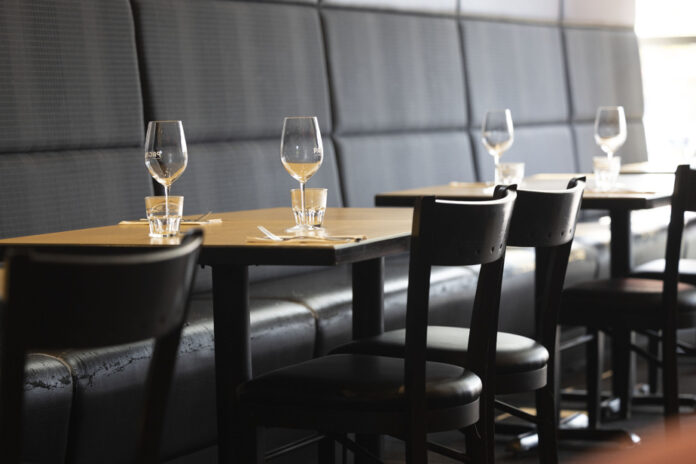” It is a disaster ! », says restaurateur Francine Brûlé bluntly about the growing number of reservations not honored in her establishments. To combat the phenomenon, nearly half of business owners (46%) are calling for a change in the law allowing them to impose fees if a customer cancels less than 24 hours in advance or if they don’t bother at all. just not show up.
And nearly 77% of people who work in restaurants would like to have the freedom to ask for a deposit at the time of booking to encourage customers not to give them up. At least that’s what emerges from a report published this Tuesday by the Canadian Federation of Independent Business (CFIB). She wanted to take the pulse of entrepreneurs in La Belle Province to find out if they wanted a “modernization” of the Consumer Protection Act.
Commonly called “no-show”, this tendency to leave your table empty when you have reserved or to not show up for a yoga session for which you have registered is nothing new. But as it does not tend to go away, it concerns many entrepreneurs, particularly in the catering industry, who are calling for changes to Quebec law.
“It would force people to be more respectful,” says Ms. Brûlé. At the head of the Enfants Terribles, which has six establishments, she adds that she faces “no-shows” every weekend.
“In recent years, “no-show” has experienced a worrying increase: it represents approximately 18 to 20% of reservations in restaurants. This problem generates considerable financial losses for establishment owners, who find themselves helpless in the face of this phenomenon,” indicates the CFIB report. Result: three-quarters of restaurateurs want to be able to require a deposit when a customer wants to hold a table.
For several months, the Association Restauration Québec (ARQ) has been stepping up its efforts with the Consumer Protection Office so that its members can impose a “penalty” of around $20 on customers who are conspicuous by their absence.
For the moment, the Consumer Protection Act does not allow this practice. “The stipulation which imposes on the consumer, in the event of non-performance of his obligation, the payment of costs, penalties or damages, the amount or percentage of which is fixed in advance in the contract, other than accrued interest,” it says.
He also confirms that asking for a deposit is not an illegal gesture, unless the restaurateur keeps the amount in the event that the customer gives him a miss. Currently, in certain cases, if the consumer is conspicuous by his absence, owners give him back his deposit in the form of a certificate to spend in the establishment. However, this would be a “prohibited stipulation”, according to the Consumer Protection Office.
On the other hand, according to a legal opinion obtained by the ARQ, restaurateurs who have a customer sign a contract in which it is stated that the latter will keep the deposit if the latter does not honor the reservation can resort to this practice. completely legally, supports for his part the vice-president of public and government affairs, Martin Vézina. However, restaurant owners do this especially in the case of groups. Few consumers will sign such a document for a dinner of two or four people. Thus, Mr. Vézina recognizes that there is a “complexity” in the application of the regulations.
One thing is certain, customers who do not honor their reservations cost restaurateurs dearly. The scourge leads to annual losses of nearly $50,000 on average for establishments faced with it, revealed a survey published in March 2023 by the ARQ.
Furthermore, as the only country in the country not to be able to impose more interchange fees on customers who pay with their credit card, nearly 68% of Quebec SME owners want the law to authorize them to do so. “It’s incomprehensible that only Quebec does not offer merchants the possibility of charging interchange fees,” says François Vincent, vice-president for Quebec at the CFIB.
“Following the settlement of the class action against credit cards, Visa and Mastercard now authorize all merchants in Canada (except those in Quebec) to transfer their credit card transaction fees to their customers”, can- we read in the CFIB report.
Merchants must pay between 1.5% and 4% of the total bill amount (with taxes) each time a consumer pays for a transaction with their card.















